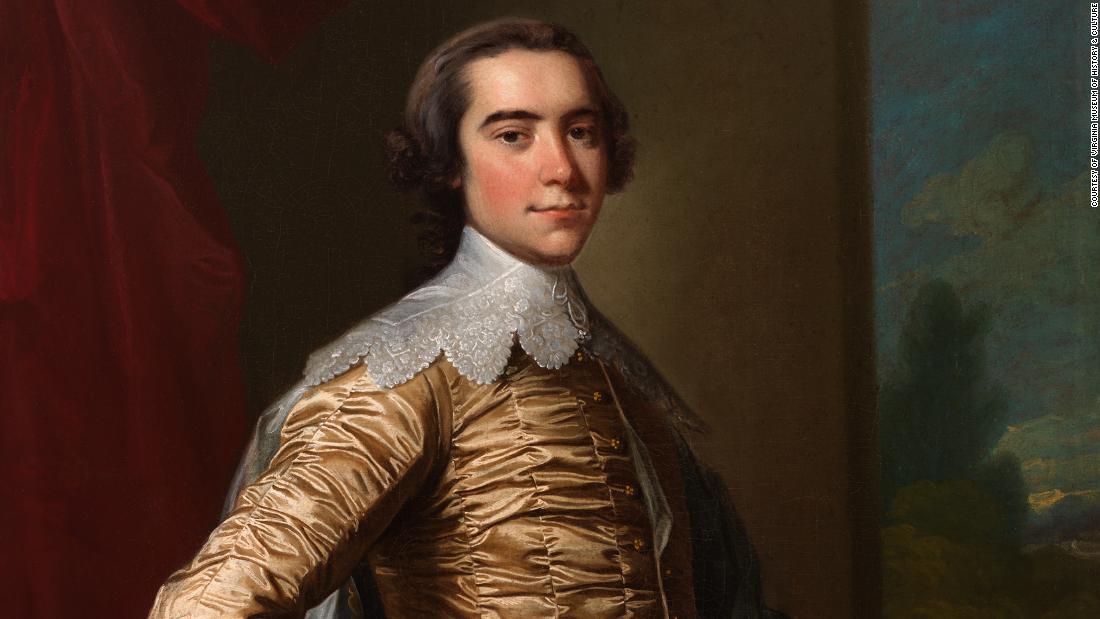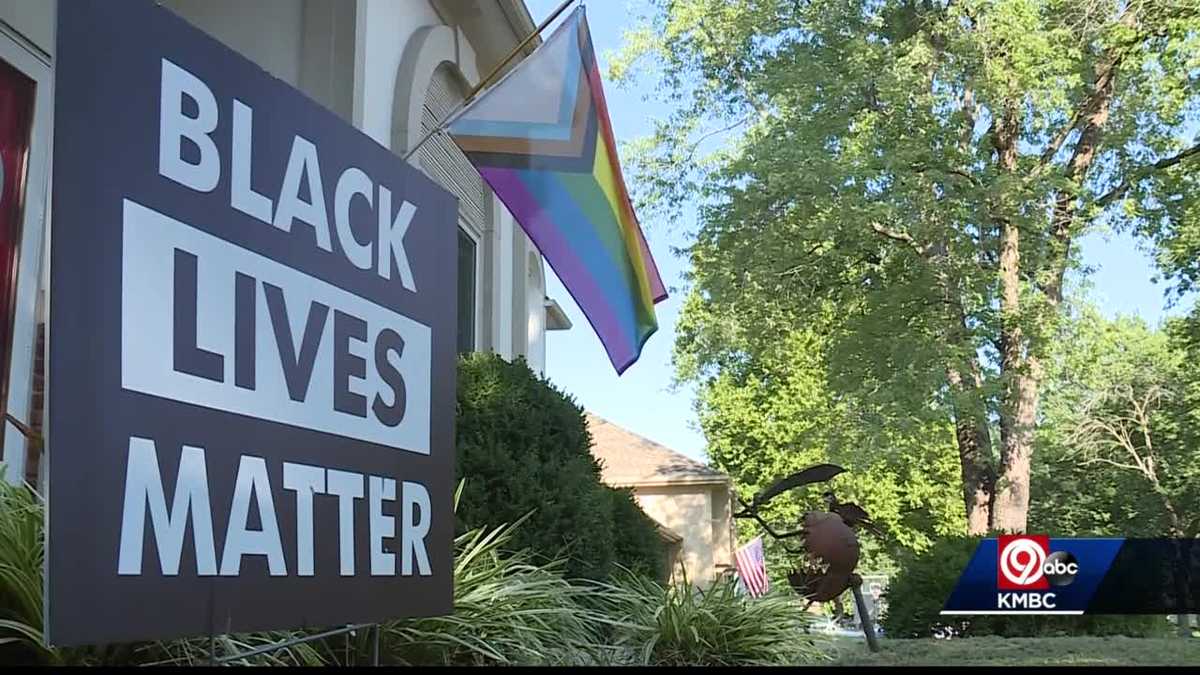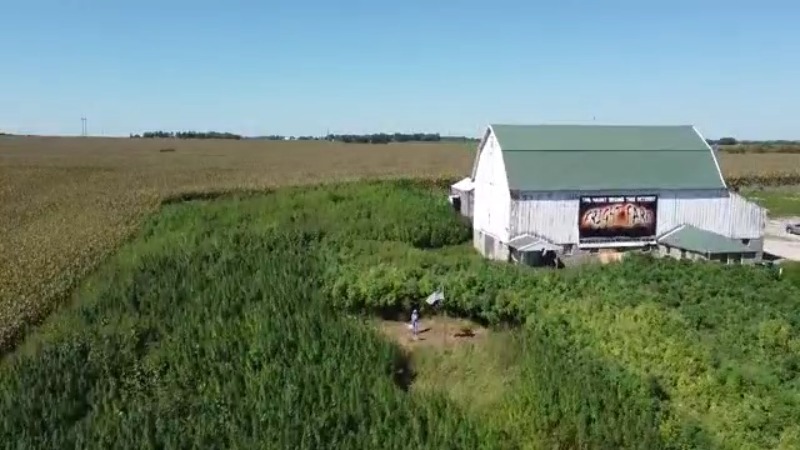On September 5, 1791, when Carter delivered his deed, slavery was an institution, a key engine of the new country’s economy. But many slaveholders — including founding fathers George Washington, Thomas Jefferson and James Madison, who knew Carter — had begun to voice doubts.
That was the extent of their umbrage.
Chattel slavery was wrong, the men said, but they supposedly worried it was not practical to abolish the institution without societal and economic consequences.
Descendants: Deed is no footnote
Today, descendants of both Carter and the men and women he freed say more must be done to propel the largely uncelebrated deed of gift into the national conscience.
Meriwether Gilmore, who grew up in Westmoreland County, where Carter’s Nomini Hall estate once spanned 2,000 acres, is related to Carter on her mother’s side. Her sister is named after his mother and oldest daughter, Priscilla. Her father worked with Black churches in the area to commemorate the deed of gift’s bicentennial in 1991.
“I think the story of Robert Carter III is incredibly important,” she said, “and not just to glorify another rich, White man, but to show how personal convictions can be stronger than the status quo, that doing the right thing is often hard but important and that people matter — that people are more important than the work that they perform.”
For Thomas Duckenfield, there’s also a lesson in freedom’s influence on generations. The Washington, DC, attorney and government contractor descends from the Thompsons and Newmans, of whom 50 were listed in Carter’s deed of gift.
“Some of the names sound like the ones you come tell me about at dinner after you’ve done some research,” the 57-year-old recalled his mother saying of the event spearheaded by Gilmore’s father, Frank Delano of Warsaw, Virginia.
“For African Americans, you hold your breath before the 1870 Census,” Duckenfield said, explaining that records on slaves are shoddy. But examining his mother’s family tree, he was surprised to see the “Thompson and Newman lines break through — 1860, 1850, all the way back to 1800. I knew these people were free African Americans back to at least 1800.”
Duckenfield wrote Delano, who mailed him a copy of the deed of gift. He later visited Delano and began collecting government records in Westmoreland County.
“I was able to identify folks I had found in census records, so I began building out their lives and how the family grew, their occupations from one decade to next,” he said. “I was just awestruck this even had taken place.”
In 1850 Census documents, he noticed his ancestors and adjoining families had two parents, a rarity in an era when slaveholders ripped families apart. Tax records from 1880 onward indicate a trend of education, land ownership and gainful employment — not just in planting and agriculture but an array of occupations.
His ancestors had wills and passed on wealth, he said. By the 1930s, they were graduating from colleges and entering the teaching and nursing professions. In the 1950s, women in his family were attaining a variety of professional degrees.
“I think that we who are descended from that manumission had advantages in the sense that we were positioned maybe to be the first to achieve wealth,” the lawyer told CNN. “Yes, we benefited from having been manumitted by Robert Carter III.”
‘A pilot for mass emancipation’
Delano wasn’t available for an interview due to his health, but Gilmore said her father, who has been passionate about civil rights going back to his University of Virginia days in the 1960s, always had a strong interest in Carter. He was so impressed with the ancient poplars lining the drive to Nomini Hall that he planted trees along the driveway to their old home, she recalled.
Gilmore came across the deed of gift while taking an African American history class her senior year in high school, she said. She “felt really passionate about finding those lost stories — and I’m sure that my dad reminded me that we had some of those stories right at home in Westmoreland County.” She continued looking for those stories in graduate school, focusing her master’s thesis on a Jim Crow housing ordinance in Ashland, Virginia, where she lives now.
For Gilmore and others, it’s a mystery that the legacies of Carter and his deed of gift remain hidden in history.
To grasp the oddness of his erasure, it’s necessary to understand his lofty station among the Virginia gentry of his day. He counted Washington’s half-brother, Lawrence, James Madison and Thomas Jefferson as friends; he regularly dined with and loaned money to the latter. Washington himself was a neighbor, and Robert E. Lee’s mother was the great granddaughter of his grandfather, Robert “King” Carter.
A religious wanderer drawn later in life to integrated churches, Carter III was not the first to free his slaves. Others, middle-class Quakers and Baptists among them, had released a few slaves here, a few there, but none rivaled Carter’s deed, which established a schedule to free 511 slaves, starting with the oldest and later their children.
Carter also allowed the freedmen to choose their last names so they could keep families together and pass down wealth. He ensured they had salable skills, arranged for them to buy or lease land, and bought their wares. He also spent a great deal on transporting them from his plantations to the Northumberland courthouse, and on lawyers to guarantee his heirs — some none too happy he was paring their inheritance — didn’t undo his wishes.
“Carter’s plans look more like a pilot for mass emancipation,” Andrew Levy, a professor at Butler University, told CNN. “He was having to think through these issues.”
A noble act went unheralded…
So, how has this great manumission remained largely unknown outside of a handful of history buffs and the growing body of descendants? There are theories.
One is that Carter shunned attention, as evidenced by his unmarked grave at Nomini Hall. Gilmore struggled to find “personal writings that would speak to his feelings on the issue” while writing her high school paper, she recalled.
Another hypothesis is that, unlike wealthy contemporaries such as Jefferson, Madison and Washington, Carter was not great at politics and thus didn’t inspire their enduring legend. A third postulation is the manumission was so deeply unpopular — neighbors complained, and one threatened to torch Carter’s home — it didn’t compel much documentation. A brief in a Richmond newspaper constitutes the bulk of the coverage.
“It blows an enormous hole in this legacy we’re trying to balance for these founders,” he said.
As Levy sees it, American history feebly attempts to level the founding fathers’ fondness for freedom with their ownership of humans by uncritically parroting their assertions that there was no pragmatic way to emancipate hundreds of thousands of slaves. Slavery was a necessary evil, to hear the founders tell it.
“If Carter is the anti-Jefferson,” Levy wrote in his book, “the man who did not lack the will to free his own slaves but who did lack the vision and clarity to make his love of freedom eloquent, then the Deed of Gift is the anti-Declaration of Independence, a document that makes liberty look dull but which is so absent of loopholes and contradictions that no result but liberty could prevail.”
Many have tried to raise awareness of Carter’s counterculture stance on slavery, going back to his children’s tutor. Living at Nomini Hall in 1773, Philip Vickers Fithian marveled over how the generous but eccentric aristocrat weekly allotted each slave 16 pints of dry corn and a pound of meat.
… but not for lack of trying
Rebecca Ebert, an archivist at Handley Regional Library System in Winchester, Virginia, about 140 miles from Nomini Hall, took interest in Carter in the early 1980s while researching the freedmen of Frederick County, home to one of Carter’s plantations. She later did her master’s thesis on the topic.
“As I was doing research on free Blacks in the area, I found many of them had been freed by Robert Carter III, which led me to ask, ‘Who was Robert Carter?'” she said.
This proved useful to researchers as well as descendants trying to trace their family lineage back to the enslaved. Reading the copy of the deed Barden sent her about six years ago, Chrystal Gaskins, 49, of Spotsylvania, Virginia, discovered her family had ties with the Gaskinses, Harrises and Robinsons — surnames encompassing more than 80 of Carter’s slaves — as well as tangential links to other lines.
“A lot of us went back and we are mostly double if not three times related back into the families,” said Gaskins, who manages a branch of a rental car company.
The more she learned, the more she felt detached from other independence celebrations, she said. Gaskins is now organizing the paperwork to propose a state proclamation recognizing the manumission’s anniversary as a holiday, an idea that came to her in a dream, she said.
“What irritated me was Juneteenth. Got under my skin. … It’s not our holiday,” she said. “For the 500-plus of us that were freed 72 years before Lincoln’s emancipation, Juneteenth don’t have nothing to do with us.”
She’s not the only one trying to lift the legacies of Carter, the deed and those who were freed.
‘I wanted all the descendants to have that experience’
“When I first saw the deed of gift with my ancestors’ names … it did something for me. It was a moment,” Lawson-Jones said. “It was difficult, but it was necessary. It was one of those moments that makes you say, ‘Wow, my ancestors were freed by this document and it still exists,’ and I wanted all the descendants to have that experience.”
The retired researcher teaches genealogy at Western Baptist Bible College and enjoys connecting Gumbys who have lost track of their roots. Her thirst for family history may be genetic. Before he was freed in 1800, Thomas Gumby, asked the Carter family tutor to draw up a record of his family and offered a bounty of eggs, apples, potatoes — “anything we can get for you, Master!” — when Fithian obliged, the tutor once wrote.
“I try to talk the deed of gift wherever I go, just to keep his information alive,” Bauchum said. “It made me realize what freedom meant back then.”







